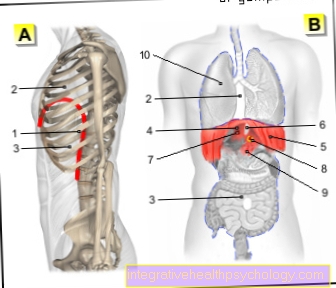Marcumar® and alcohol - are they compatible?
introduction

Marcumar® contains the active ingredient phenprocoumon and is an anticoagulant drug that belongs to the group of coumarins and vitamin K antagonists. It inhibits the vitamin K-dependent formation of coagulation factors II, VII, IX and X, which takes place in the liver. Marcumar® also suppresses the formation of protein C and S, which serve as coagulation modulators and are also formed in a vitamin K-dependent manner. Marcumar® inhibits human blood coagulation by preventing the production of the above-mentioned coagulation factors.
Marcumar® is also known to laypeople as a "blood-thinning" drug. The use of Marcumar® does not result in blood thinning in the actual sense, but blood clotting is inhibited to such an extent that the risk of thrombus formation in the blood vessels is reduced. Marcumar® is therefore an important part of the therapy or prevention of vascular occlusion caused by a thrombus (blood clot).
Since Marcumar® only intervenes in the formation of the vitamin K-dependent blood coagulation factors, the coagulation factors that have already been formed remain unaffected by the effect of Marcumar®. The effect of Marcumar®, in contrast to heparin, which works immediately, only sets in after about two days and reaches its full effectiveness after about five days. The anticoagulant effect of Marcumar® is controlled by the doctor with the so-called INR value, which is determined via the blood.
Please also read our main page Marcumar®
Marcumar® and alcohol
Many patients often wonder if they can alcohol be allowed to drink while taking certain medications. Alcohol, also called Ethanol known, is an intoxicant and stimulant. Alcohol is about that Mucous membrane absorbed in the mouth, stomach and small intestine. Drinking alcohol takes about an hour and depends on whether and how much beforehand eaten has been. The liver is where most of the alcohol is metabolized. This is where the two enzymes play Alcohol dehydrogenase and Aldehyde dehydrogenase the most important role. The so-called microsomal ethanol-oxidizing system (MEOS) metabolizes the drinking alcohol primarily when the alcohol concentration rises. A very small part of the alcohol is excreted from the body through breathing. In principle, there is nothing against occasional alcohol consumption. However, since the effect of Marcumar® is very complex and depends on many external factors, including the patient's eating habits, one should be a little more careful with drinking alcohol. Depending on the amount and regularity of drinking alcohol, the Marcumar effect can be strengthened or weakened.
Side effects and interactions
In principle, the use of Marcumar® does not necessarily speak against moderate, occasional alcohol consumption. In view of the very complex influence of alcohol on the effects of Marcumar®, however, its consumption waived become. Moderate and occasional alcohol consumption is included Women a consumption of less than 12 grams pure alcohol per day and at Men a consumption of less than 24 grams pure alcohol per day. A standard glass of sparkling wine (0.1l) or a standard glass of beer (0.25l) contain 10 grams of alcohol.
Alcohol has a very complex influence on the effect of Marcumar®. If a large amount of alcohol is consumed in a short period of time, the effect of the anticoagulant Marcumar® significantly reinforcedwhich can ultimately lead to life-threatening bleeding. When drinking alcohol, it should also be borne in mind that alcohol affects the person's coordination and sense of balance, which significantly increases the risk of falling or an accident. If you fall or have an accident while taking an anticoagulant drug such as Marcumar®, the risk is for dangerous bleeding naturally increased. This is also a reason to keep alcohol consumption as low as possible while taking Marcumar®. The state of intoxication may mean that dangers are no longer properly assessed and that a doctor or other professional help can be called too late in the event of threatening injuries.
A chronic alcohol consumption can weaken the effect of Marcumar®, as Marcumar® is broken down more quickly, so that its effect on the anticoagulant is reduced. This in turn has the consequence that the coagulability of the blood increases and the Risk of thrombus formation increases in the vascular system. In the case of chronic alcohol abuse, however, an increase in effectiveness is also possible. Chronic alcohol abuse can lead to fatty liver tissue with subsequent connective tissue remodeling of the liver. This remodeling of the liver is called in medicine Cirrhosis of the liver. This can lead to a failure of the liver function, as a result of which, among other things, no coagulation factors for blood clotting can be produced by the liver. This condition of the liver is also known as Hepatic insufficiency. The resulting lack of coagulation factors leads to an increased risk of bleeding.
Diet when taking Marcumar®
When taking Marcumar, certain dietary features should be observed. As with many medicines, Marcumar is absorbed more slowly in the stomach when it is filled with food at the same time. The required level of effectiveness, i.e. the amount of a drug in the blood that must be present at least for it to work, is not influenced by regular intake of Marcumar. Marcumar works by preventing the formation of clotting factors. For this, Marcumar displaces vitamin K from the structure of the coagulation factors. As a result, it loses its effect and the coagulation factors can no longer be developed. However, if a large amount of vitamin K is ingested through food, the amount of marcumar is no longer sufficient to displace all of the vitamin K. This enables coagulation factors to be formed again. The blood tends to clump again and the effect is reduced. It does not matter whether Marcumar is taken together with vitamin K-containing food or at intervals. Foods that contain vitamin K include sauerkraut, chicken, Brussels sprouts, spinach and other fresh vegetables. However, if they are kept and cooked for too long, they can lose vitamins. In addition, vitamin K is a fat-soluble vitamin and therefore always needs a little fat in the same meal in order to be dissolved in the stomach and then absorbed. Another peculiarity of nutrition takes place in the area of the breakdown of Marcumar. The drug is broken down in the body by enzymes and then excreted. Marcumar is the enzyme CYP3A4. Eating grapefruit inhibits the CYP3A4 enzyme. Marcumar, which is a substrate for this enzyme, is therefore broken down less quickly. For this reason, the effects of Marcumar can increase when eating grapefruit.
More information on this topic: Marcumar® and nutrition




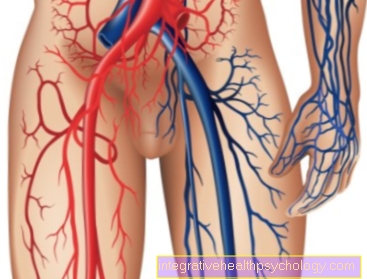







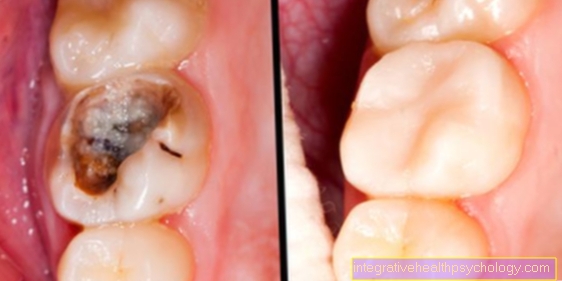
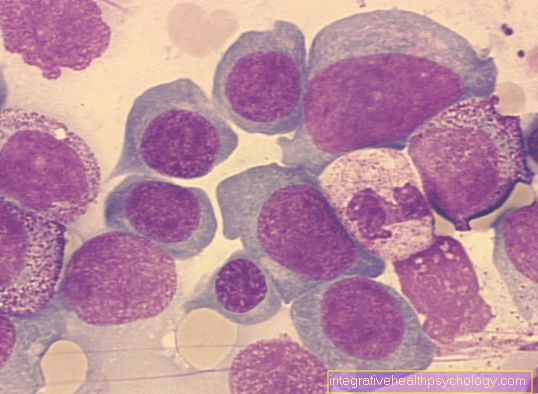
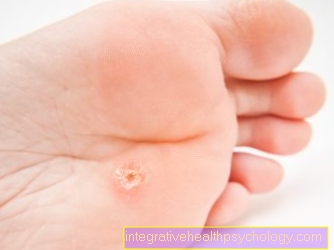
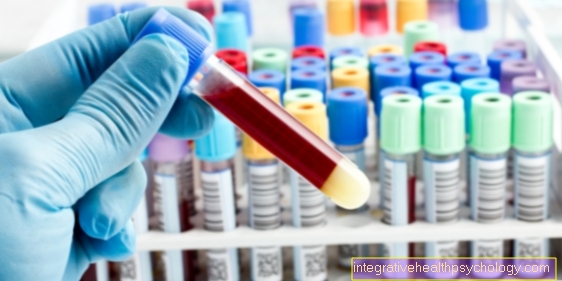

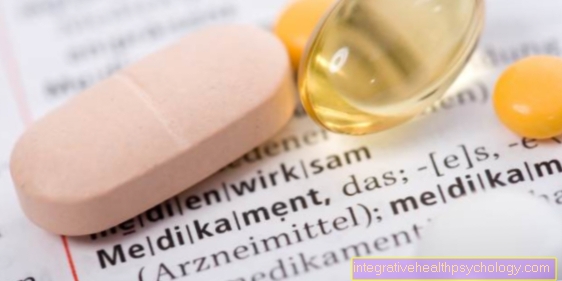

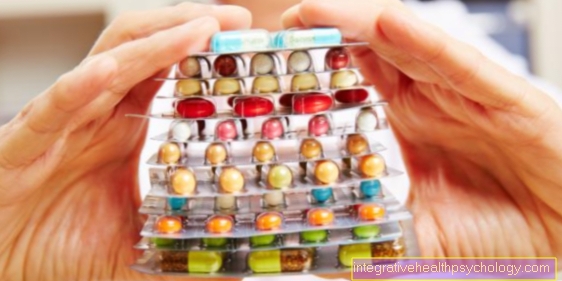


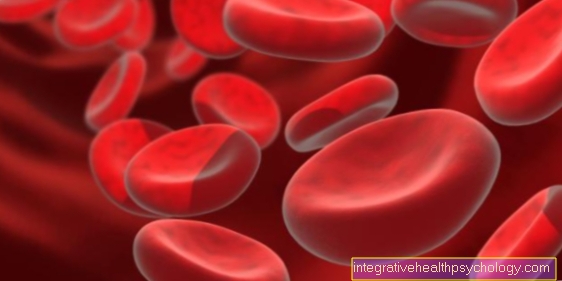

.jpg)
